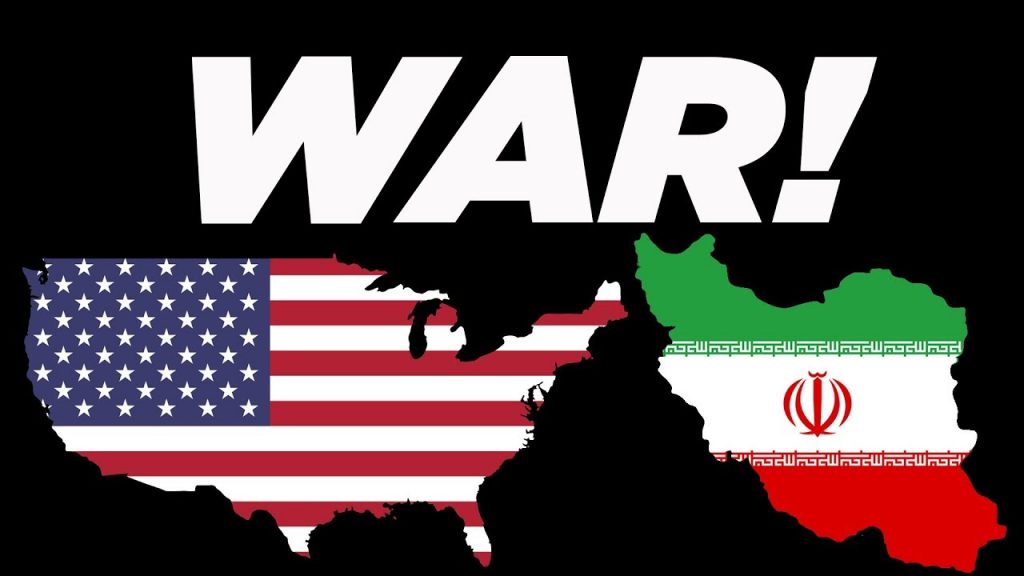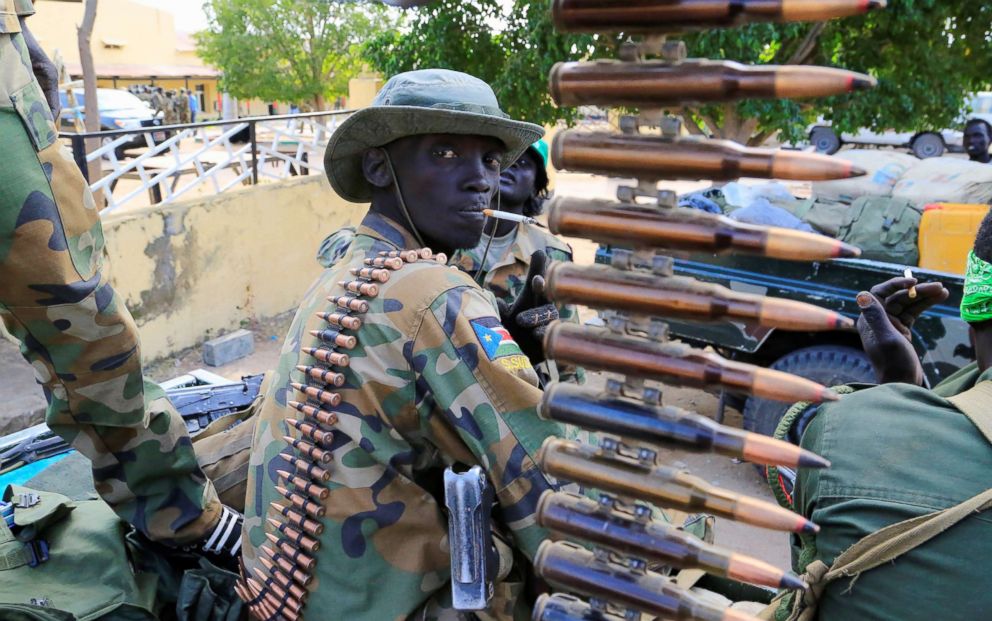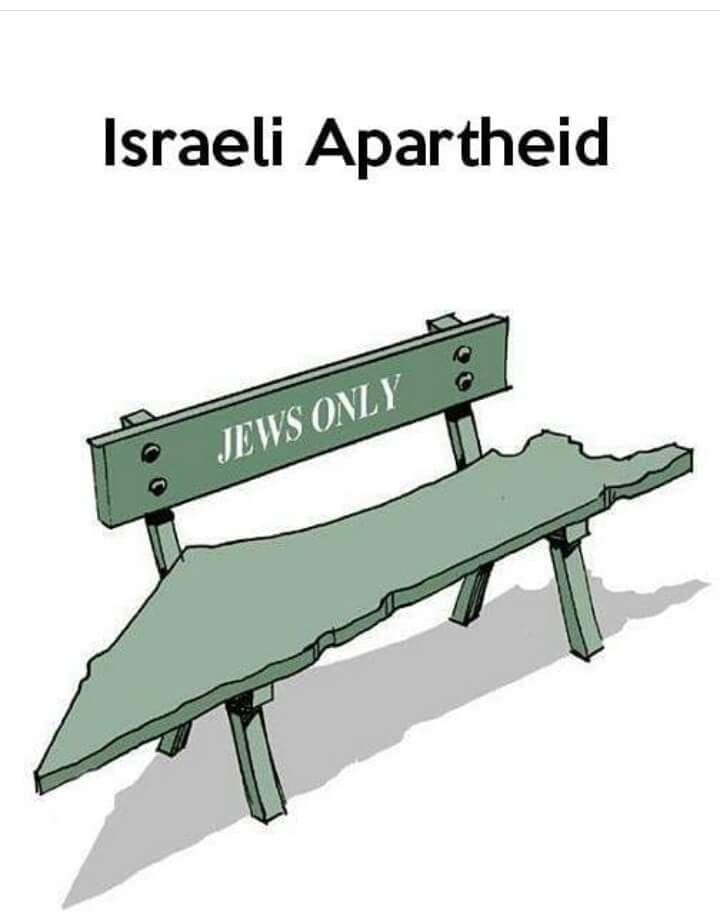Nazareth: Recent events have shone a spotlight not only on how Israel is intensifying its abuse of Palestinians under its rule, but the utterly depraved complicity of western governments in its actions.
The arrival of Donald Trump in the White House two-and-a-half years ago has emboldened Israel as never before, leaving it free to unleash new waves of brutality in the occupied territories.
Western states have not only turned a blind eye to these outrages, but are actively assisting in silencing anyone who dares to speak out.
It is rapidly creating a vicious spiral: the more Israel violates international law, the more the West represses criticism, the more Israel luxuriates in its impunity.
This shameless descent was starkly illustrated last week when hundreds of heavily armed Israeli soldiers, many of them masked, raided a neighbourhood of Sur Baher, on the edges of Jerusalem. Explosives and bulldozers destroyed dozens of homes, leaving many hundreds of Palestinians without a roof over their heads.
During the operation, extreme force was used against residents, as well as international volunteers there in the forlorn hope that their presence would deter violence. Videos showed the soldiers cheering and celebrating as they razed the neighbourhood.
House destructions have long been an ugly staple of Israel’s belligerent occupation, but there were grounds for extra alarm on this occasion.
Traditionally, demolitions occur on the two-thirds of the West Bank placed by the Oslo accords temporarily under Israeli control. That is bad enough: Israel should have handed over what is called “Area C” to the Palestinian Authority 20 years ago. Instead, it has hounded Palestinians off these areas to free them up for illegal Jewish settlement.
But the Sur Baher demolitions took place in “Area A”, land assigned by Oslo to the Palestinians’ government-in-waiting – as a prelude to Palestinian statehood. Israel is supposed to have zero planning or security jurisdiction there.
Palestinians rightly fear that Israel has established a dangerous precedent, further reversing the Oslo Accords, which can one day be used to justify driving many thousands more Palestinians off land under PA control.
Most western governments barely raised their voices. Even the United Nations offered a mealy-mouthed expression of “sadness” at what took place.
A few kilometres north, in Issawiya, another East Jerusalem suburb, Israeli soldiers have been terrorising 20,000 Palestinian residents for weeks. They have set up checkpoints, carried out dozens of random night-time arrests, imposed arbitrary fines and traffic tickets, and shot live ammunition and rubber-coated steel bullets into residential areas.
Ir Amim, an Israeli human rights group, calls Issawiya’s treatment a “perpetual state of collective punishment” – that is, a war crime.
Over in Gaza, not only are the 2 million inhabitants being slowly starved by Israel’s 12-year blockade, but a weekly shooting spree against Palestinians who protest at the fence imprisoning them has become so routine it barely attracts attention any more.
On Friday, Israeli snipers killed one protester and seriously injured 56, including 22 children.
That followed new revelations that Israeli’s policy of shooting unarmed protesters in the upper leg to injure them – another war crime – continued long after it became clear a significant proportion of Palestinians were dying from their wounds.
Belatedly – after more than 200 deaths and the severe disabling of many thousands of Palestinians – snipers have been advised to “ease up” by shooting protesters in the ankle.
B’Tselem, another Israeli rights organisation, called the army’s open-fire regulation a “criminal policy”, one that “consciously chose not to regard those standing on the other side of the fence as humans”.
Rather than end such criminal practices, Israel prefers to conceal them. It has effectively sealed Palestinian areas off to avoid scrutiny.
Omar Shakir, a researcher for Human Rights Watch, is facing imminent deportation, yet more evidence of Israel’s growing crackdown on the human rights community.
A report by the Palestinian Right to Enter campaign last week warned that Israel is systematically denying foreign nationals permits to live and work in the occupied territories, including areas supposedly under PA control.
That affects both foreign-born Palestinians, often those marrying local Palestinians, and internationals. According to recent reports, Israel is actively forcing out academics teaching at the West Bank’s leading university, Bir Zeit, in a severe blow to Palestinian academic freedom.
Palestinian journalists highlighting Israeli crimes are in Israel’s sights too. Last week, Israel stripped one – Mustafa Al Haruf – of his Jerusalem residency, tearing him from his wife and young child. Because it is illegal to leave someone stateless, Israel is now bullying Jordan to accept him.
Another exclusion policy – denying entry to Israel’s fiercest critics, those who back the international boycott, divestment and sanctions (BDS) movement – is facing its first challenge.
Two US congresswomen who support BDS – Ilhan Omar and Rashida Tlaib, who has family in the West Bank – have announced plans to visit.
Israeli officials have indicated they will exempt them both, apparently fearful of drawing wider attention to Israel’s draconian entry restrictions, which also cover the occupied territories.
Israel is probably being overly cautious. The BDS movement, which alone argues for the imposition of penalties on Israel until it halts its abuse of Palestinians, is being bludgeoned by western governments.
In the US and Europe, strong criticism of Israel, even from Jews – let alone demands for meaningful action – is being conflated with antisemitism. Much of this furore seems intended to ease the path towards silencing Israel’s critics.
More than two dozen US states, as well as the Senate, have passed laws – drafted by pro-Israel lobby groups – to limit the rights of the American public to support boycotts of Israel.
Anti-BDS legislation has also been passed by the German and French parliaments.
And last week the US House of Representatives joined them, overwhelmingly passing a resolution condemning the BDS movement. Only 17 legislators demurred.
It was a slap in the face to Omar, who has been promoting a bill designed to uphold the First Amendment rights of boycott supporters.
It seems absurd that these curbs on free speech have emerged just as Israel makes clear it has no interest in peace, will never concede Palestinian statehood and is entrenching a permanent system of apartheid in the occupied territories.
But there should be no surprise. The clampdown is further evidence that western support for Israel is indeed based on shared values – those that treat the Palestinians as lesser beings, whose rights can be trampled at will.
A version of this article first appeared in the National, Abu Dhabi.
Jonathan Cook won the Martha Gellhorn Special Prize for Journalism. His books include “Israel and the Clash of Civilisations: Iraq, Iran and the Plan to Remake the Middle East” (Pluto Press) and “Disappearing Palestine: Israel’s Experiments in Human Despair” (Zed Books).








